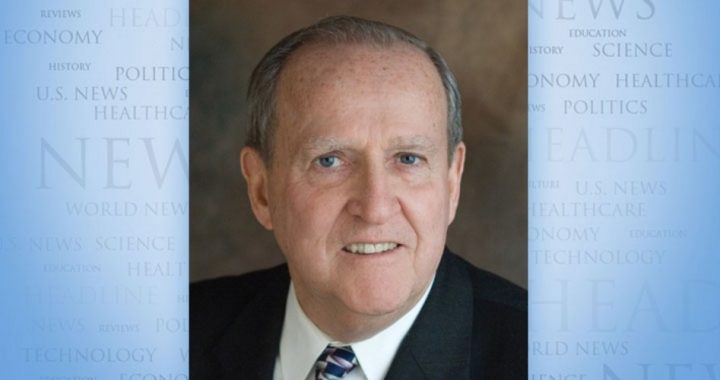
Only recently, rioting broke out in Venezuela when supermarkets had nothing on the shelves. A few years earlier, the people of Zimbabwe found their supermarkets empty and their hope to obtain basic necessities vanished. In both of these cases, people turned to the American dollar as something of value that could restore a semblance of normality. But, is the U.S. dollar’s reliability unshakable? Could its value shrink to nothingness as did the Venezuela Bolivar and the Zimbabwean Dollar?
Money isn’t something to fool with. Where there are reliable pieces of paper that signify honest value, commerce thrives, goods and services are readily available, and next to nobody worries about the future. The key here is the complete meaning of “reliable.” In the United States today, the reliability of our currency continues to shrink. The rise in popularity of “virtual” currency such as Bitcoin provides evidence of trouble ahead.
During the 20th Century, the almighty U.S. dollar descended from being “good as gold,” to being “good as silver,” to being as good as the promises of most politicians. American currency went from history’s most reliable money to currency backed by nothing. The value of the “almighty dollar” continues to shrink. Venezuela and Zimbabwe, here we come.
Never one to miss an opportunity to trash her Republican opponents, former House Speaker Democrat Nancy Pelosi (now downgraded to House Minority Leader itching to get back to being Speaker) told the press recently that the current Republican-controlled Congress is “robbing from the future by increasing the national debt.” While her statement is correct, she completely ignored her own complicity in steering the dollar toward worthlessness.
When she served as House Speaker from January 2007 until January 2011, the national debt rose $5.3 trillion — more than $1.3 trillion per year. After the Democrats lost majority status at the start of 2011, Republicans took over and the national debt rose from $14 trillion to $20 trillion. In other words, the debt continued to rise, not as fast as when Pelosi led the House but still substantially. So, Nancy Pelosi who points only at Republican profligacy, is correct when she claims that GOP management of the nation’s finances is miserable. But she managed to ignore that it was even more miserable when she held the House’s most powerful post.
Any argument between Democrats and Republicans about whose leaders are more guilty of ongoing fiscal suicide is meaningless. The focus should be on the indisputable fact that our politicians are indeed taking the nation to the edge of a fiscal cliff. So the Republican response just enacted is a tax cut. But what the country needs is realistic consideration of the debt. Allowing the people to keep more dollars that are steadily decreasing in value — because of adding to the debt with freshly printed unbacked currency — doesn’t solve the major problem. It may even speed up the arrival of what happened in Venezuela and Zimbabwe. It has happened over and over again throughout the course of history when fiat money (make-believe money that is unbacked) becomes a substitute for honest backed currency that is exchangeable for the valuable commodity on which it is based.
Pelosi is wrong to target Republicans while essentially giving herself and her Democrats a pass. But also wrong are Boehner and Ryan, her two successors. For their failure to take the nation away from “good as gold” currency, so are former presidents Roosevelt, Truman, Eisenhower, Kennedy, Johnson, Nixon, Ford, Carter, Reagan, Bush I, Clinton, Bush II, and Obama. And let’s not leave out of this list of shameful leaders the current president, who seems unwilling to break the pattern of adding to the nation’s indebtedness. As his predecessors did, he is ignoring the escalating debt — the elephant in the nation’s living room — and continuing down the path that will make what happened in Venezuela and Zimbabwe resemble child’s play.
America needs a return to honest money — and that means money backed by a valuable commodity such as gold or silver, or both.
John F. McManus is president emeritus of The John Birch Society. This column appeared originally at the insideJBS blog and is reprinted here with permission.



